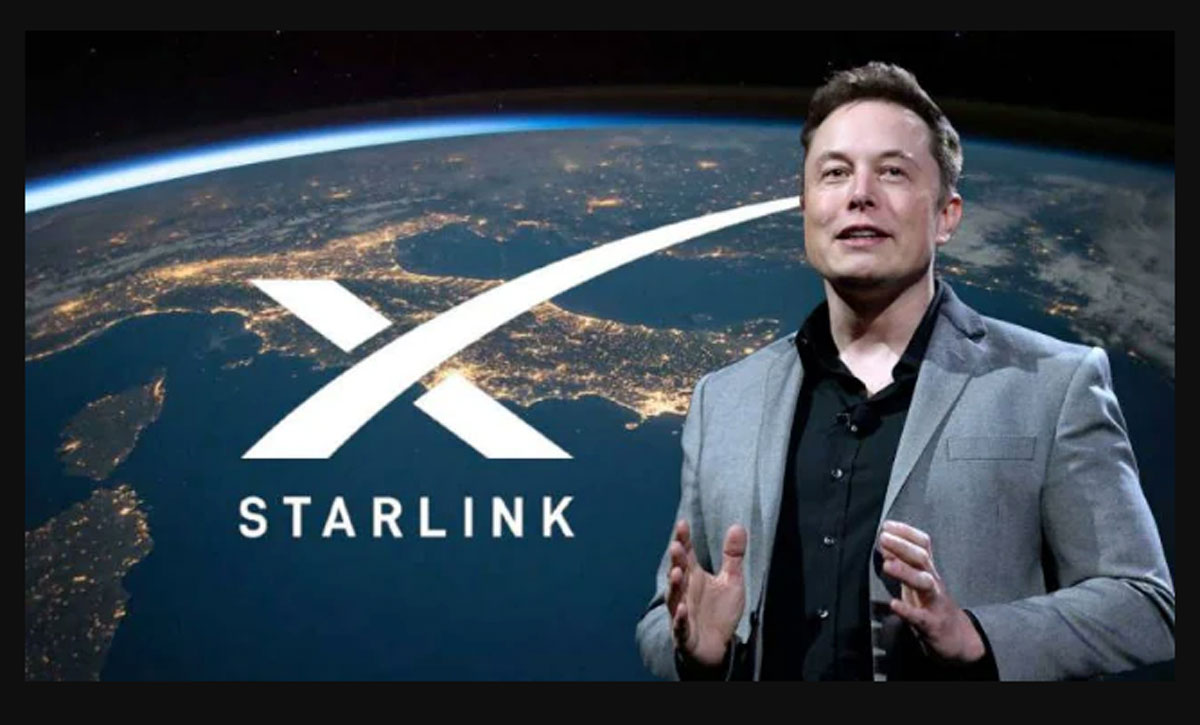How OpenAI’s IPO Could Reshape the Tech Industry
The Potential Impact of OpenAI Going Public
OpenAI, the artificial intelligence research lab behind ChatGPT, DALL·E, and other groundbreaking AI models, has been a dominant force in the AI revolution. If OpenAI decides to go public through an initial public offering (IPO), the ramifications for the tech industry could be profound. An OpenAI IPO would not only validate AI as a major investment sector but also accelerate competition, innovation, and regulatory scrutiny across the industry.
1. Accelerating AI Adoption Across Industries
An OpenAI IPO would likely inject billions of dollars into the company, enabling rapid expansion of AI applications. With increased capital, OpenAI could:
- Scale AI Infrastructure: Expand cloud computing resources to support more powerful AI models.
- Enhance Enterprise Solutions: Develop specialized AI tools for healthcare, finance, education, and manufacturing.
- Improve Accessibility: Lower costs for businesses and consumers to integrate AI into workflows.
Tech giants like Microsoft (OpenAI’s largest investor) and Google would face intensified competition, forcing them to innovate faster or risk losing market share in AI-driven services.
2. Fueling a New Wave of AI Startups and Investments
A successful OpenAI IPO could trigger a surge in AI-related investments, similar to how Facebook’s IPO spurred growth in social media startups. Venture capital firms and angel investors may shift focus toward:
- AI-First Companies: Startups leveraging OpenAI’s APIs to build niche applications.
- Open-Source Alternatives: Competing models like Meta’s LLaMA or Anthropic’s Claude may gain traction.
- Hardware Innovations: Increased demand for AI-optimized chips from NVIDIA, AMD, and custom silicon startups.
This influx of capital could lead to an AI gold rush, with both breakthroughs and overvaluation risks.
3. Intensifying the AI Talent War
Going public would give OpenAI significant financial leverage to attract and retain top AI researchers and engineers. The company could:
- Offer Competitive Compensation: Stock options and high salaries to lure talent from Google DeepMind, Meta AI, and other rivals.
- Expand Research Teams: Invest in long-term AI safety, ethics, and next-generation models like GPT-5.
- Acquire Promising Startups: Strengthen its portfolio by buying smaller AI firms with unique expertise.
However, this could also lead to brain drain at competing firms, forcing them to increase R&D spending to keep pace.
4. Regulatory and Ethical Scrutiny Will Increase
As a publicly traded company, OpenAI would face heightened scrutiny from regulators, investors, and the public. Key challenges include:
- AI Safety Concerns: Governments may impose stricter rules on AI development and deployment.
- Transparency Demands: Shareholders will demand clearer explanations of AI decision-making processes.
- Bias and Misinformation Risks: OpenAI may need stronger safeguards to prevent misuse of its models.
Regulatory bodies like the EU AI Office and the U.S. Federal Trade Commission (FTC) could push for more oversight, influencing how AI is commercialized globally.
5. Reshaping the Competitive Landscape
An OpenAI IPO would force tech giants and startups to reassess their AI strategies:
- Microsoft & Google: May accelerate their own AI deployments to maintain dominance in cloud computing and search.
- Amazon & Apple: Could double down on AI integrations in e-commerce, voice assistants, and devices.
- Elon Musk’s xAI: Might pivot to more aggressive AI development to compete with OpenAI.
Smaller players could either partner with OpenAI or differentiate themselves with specialized AI models.
6. Economic and Market Implications
An OpenAI IPO could have far-reaching financial effects:
- Valuation Expectations: Analysts predict OpenAI could be valued at $80B–$100B, rivaling major tech firms.
- Stock Market Impact: A successful debut could boost investor confidence in AI stocks, while a flop might trigger skepticism.
- Mergers & Acquisitions: Larger tech firms may pursue AI acquisitions to stay competitive.
7. The Future of AI Democratization
If OpenAI goes public, its business model may shift:
- Open vs. Closed AI: Will OpenAI remain committed to open research, or will shareholder pressure lead to proprietary restrictions?
- Pricing Models: Could IPO pressures lead to higher API costs, affecting startups that rely on OpenAI’s tools?
- Global Expansion: More funding could mean faster international growth, bringing AI to emerging markets.
Final Considerations
An OpenAI IPO would be a watershed moment for the tech industry, influencing AI development, investment trends, and regulatory frameworks for years to come. The company’s decisions post-IPO will determine whether AI remains an open, collaborative field or becomes a tightly controlled corporate asset.
The ripple effects would extend beyond Silicon Valley, shaping how businesses, governments, and consumers interact with AI in an increasingly automated world.

